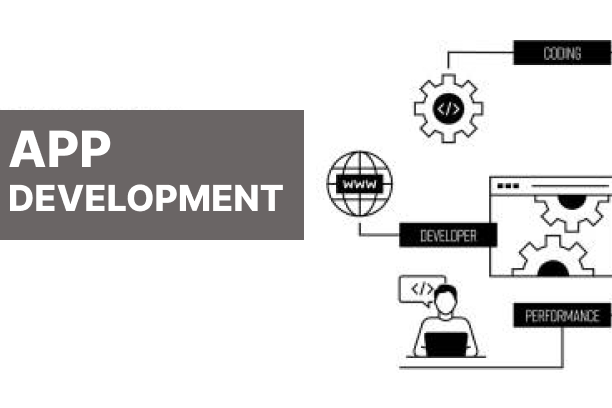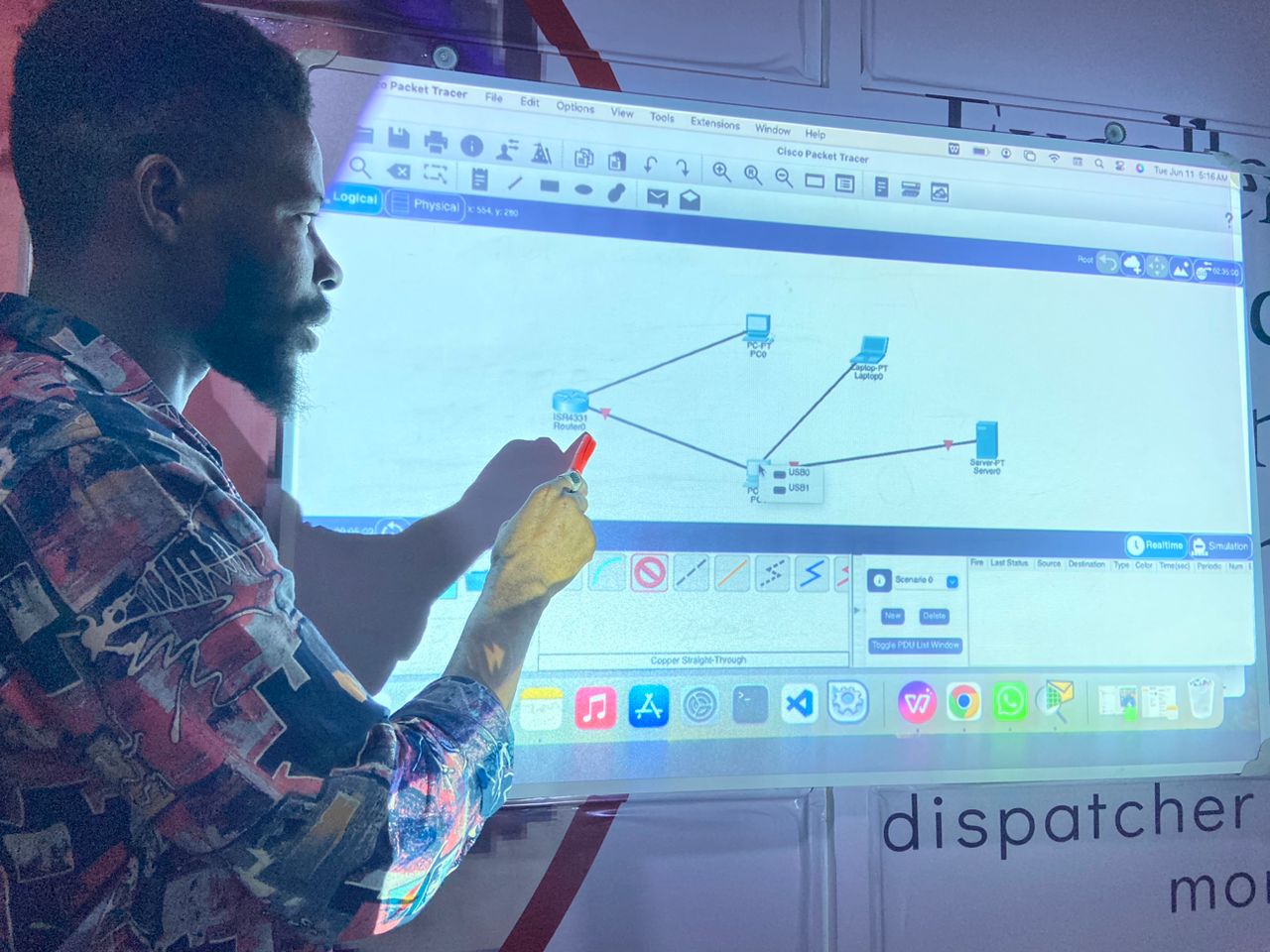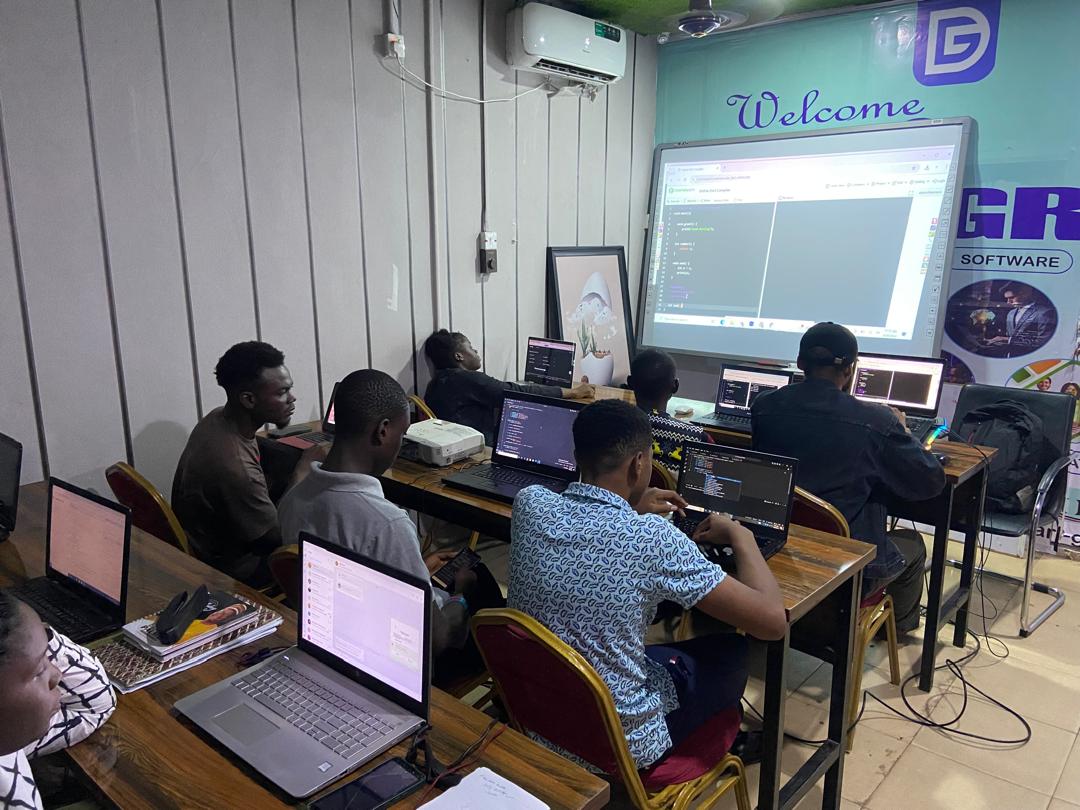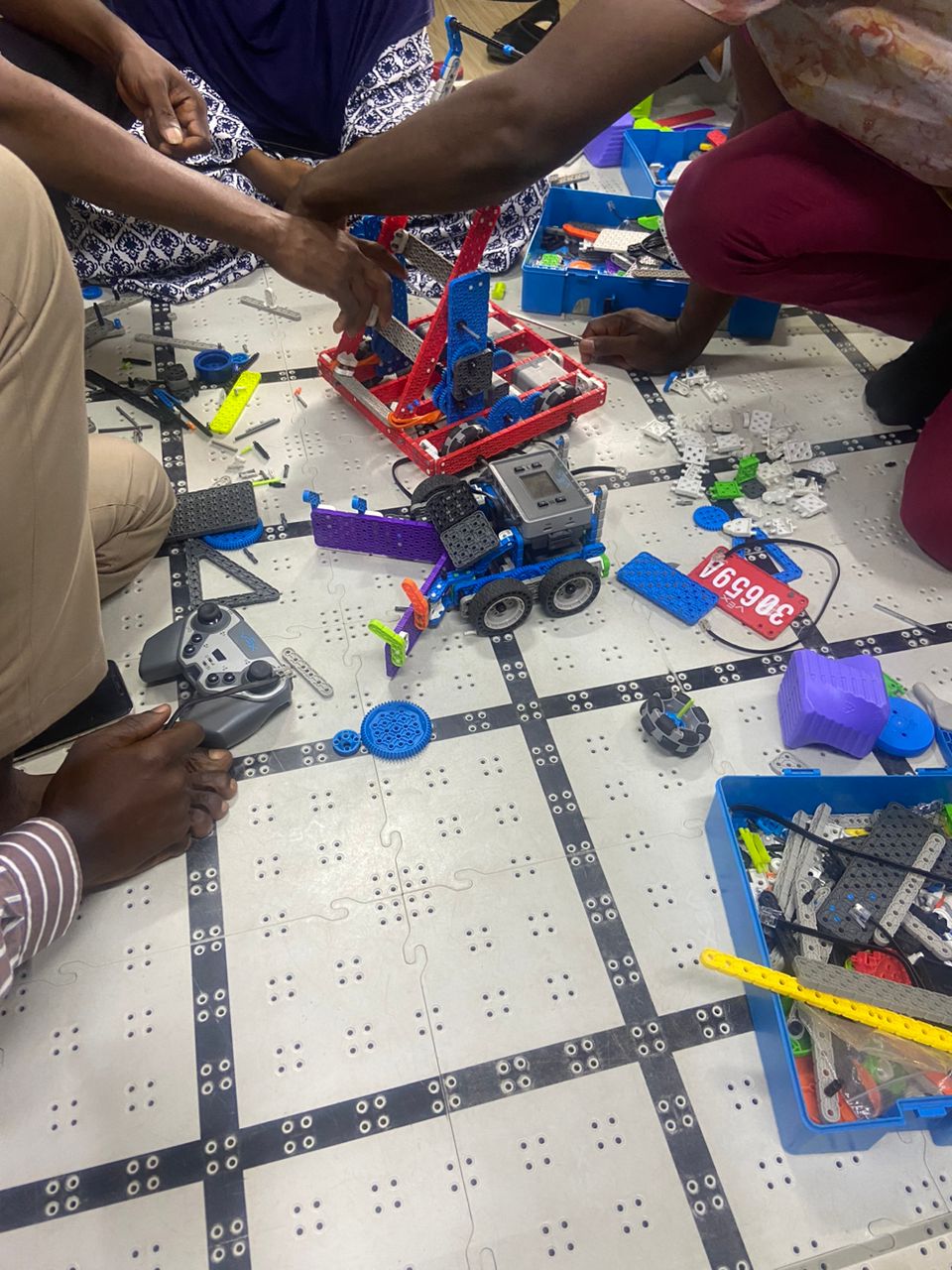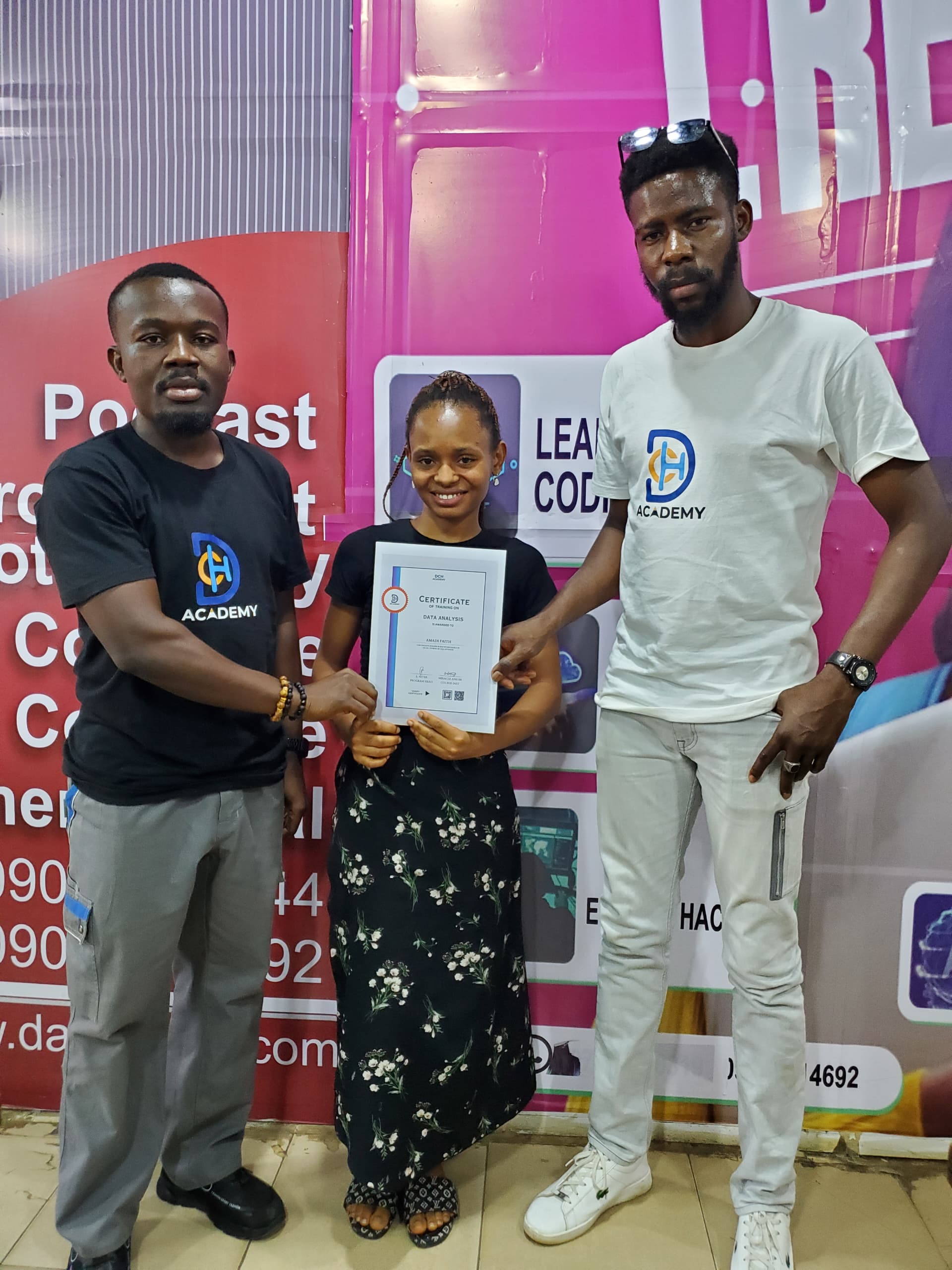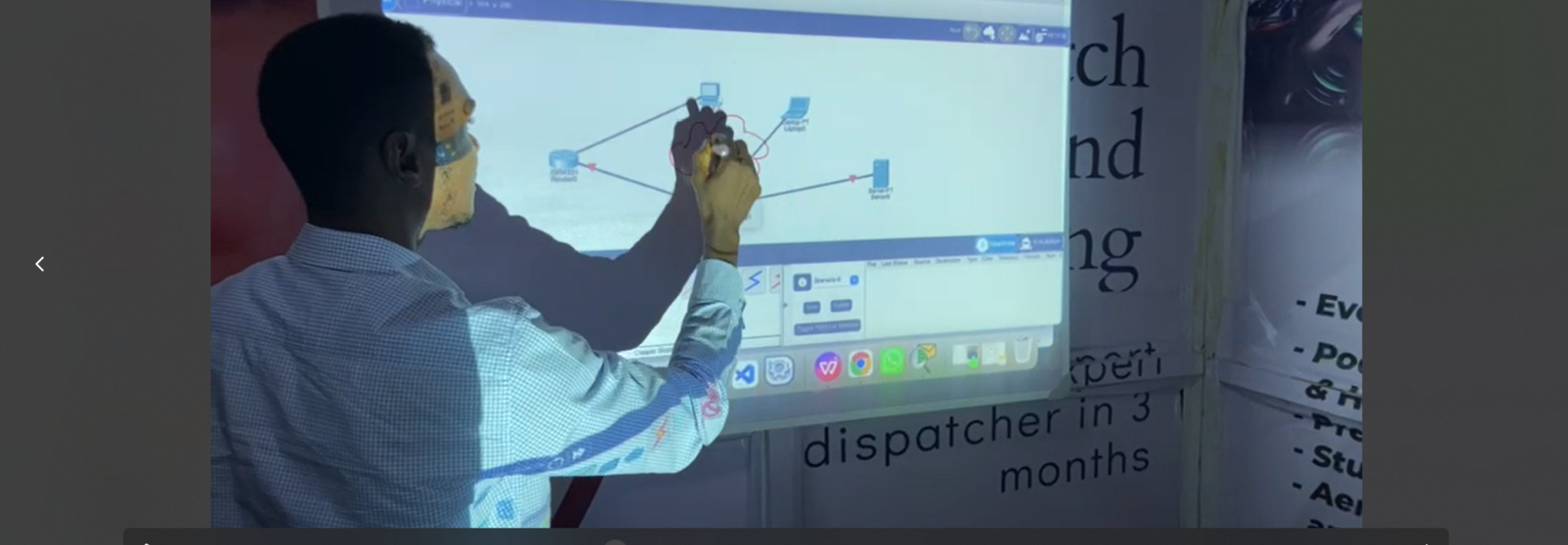Introduction: Why Android App Development?
Android app development offers immense opportunities for developers to reach a vast audience. With over 80% of smartphones running on Android, creating apps for this platform can significantly expand your user base. Choosing a Language for Your App Development Journey is crucial to ensure your app is efficient, scalable, and provides a great user experience. In this article, we’ll explore the top languages for Android app development and help you decide which one is best for your needs.
Top 5 Programming Languages for Android Today
When it comes to Android app development, several languages stand out for their functionality and ease of use. Here are the top five:
Java
Java is the oldest and the official native language of Android development. It is widely used and supported by the Android Studio development environment. Java is robust and versatile, making it a popular choice for mobile applications. However, it can be challenging to master due to its complexity and can sometimes be slow in execution.
Kotlin
Introduced by Google in 2017 as a secondary official language, Kotlin has quickly gained popularity among developers. It is similar to Java but offers a more modern and concise syntax. Kotlin is interoperable with Java, meaning you can use both languages within the same project. It requires fewer lines of code to achieve the same functionality, making development faster and less error-prone.
C++ and C#
C++ and C# are compatible with Android Studio and iOS mobile development software. These languages can be used with the Android NDK, allowing you to implement native code with C/C++. C++ is particularly powerful for optimizing performance in 3D games and resource-intensive applications. C# is easier for beginners and is popular for game development and scripting on Android.
Python
Python, a versatile and powerful language, is increasingly used in mobile app development thanks to new frameworks. It allows developers to create dynamic Android apps with fewer lines of code. Python is popular for its readability and efficiency but has a steeper learning curve compared to Java. Despite this, it is currently experiencing rapid growth in usage.
Swift
Although primarily used for iOS development, Swift's growing popularity and cross-platform frameworks allow it to be used for Android development as well. Swift is known for its safety, performance, and expressiveness in coding. It’s an excellent choice for developers looking to build applications for both iOS and Android.
Hybrid Programming Languages
Hybrid apps are developed using technologies that allow them to run on multiple platforms, including iOS and Android. These apps provide a middle ground between native apps and web apps. Here are some popular hybrid programming languages:
JavaScript and HTML/CSS
JavaScript, combined with HTML and CSS, is a powerful trio for developing cross-platform apps. Frameworks like React Native and Cordova allow developers to write code once and deploy it on both Android and iOS. These technologies enable responsive web design and access to smartphone features like cameras and sensors through APIs.
Dart
Dart, developed by Google, is the language behind the Flutter framework. Flutter enables developers to create natively compiled applications for mobile, web, and desktop from a single codebase. Dart's simplicity and Flutter's comprehensive libraries make it a strong contender for hybrid app development.
Comparison of Programming Languages
When choosing a programming language for Android app development, several factors should be considered, including syntax, performance, tooling, community support, and platform compatibility.
Syntax and Learning Curve
Kotlin's intuitive syntax allows for faster and more efficient coding compared to Java. Its strong type system helps prevent errors, and features like null safety reduce runtime exceptions. Java, while powerful, has a steeper learning curve and requires more code to accomplish the same tasks as Kotlin.
Performance and Efficiency
C++ is the fastest programming language, ideal for performance-critical applications. However, Kotlin and Java offer acceptable performance for most applications, with Kotlin providing more concise and maintainable code. Python, while slower than C++ and Java, excels in rapid development and prototyping.
Tooling and Ecosystem
Java boasts a vast ecosystem with extensive tools and a large developer community. Kotlin, being interoperable with Java, benefits from the same ecosystem while adding modern features. C++ and C# also have strong support, particularly in game development, while Python's growing ecosystem offers numerous libraries and frameworks.
Community and Support
Java's long-standing presence in the Android development world means a large, active community that provides extensive resources and support. Kotlin's community is growing rapidly, offering a wealth of tutorials and forums. Python and C# also have robust communities, making it easier to find help and resources.
Platform and Device Compatibility
Java and Kotlin are the official Android programming languages and are fully compatible with iOS app development when using cross-platform frameworks. C++ and C# offer strong cross-platform capabilities, while Python's compatibility is growing with new frameworks. Swift, primarily for iOS, can be used for Android development through cross-platform tools.
Why Cross-Platform is Key
Cross-platform development allows you to create apps that run on both Android and iOS, saving time and resources. Hybrid apps combine web and native technologies, providing a responsive design and access to smartphone features. Frameworks like React Native, Ionic, and Cordova enable developers to write code once and deploy it on multiple platforms.
Advantages of Cross-Platform Development
- Cost-Efficiency: Develop one codebase for both platforms, reducing development and maintenance costs.
- Faster Time-to-Market: Simultaneously launch on Android and iOS, reaching a broader audience quickly.
- Consistent User Experience: Ensure a uniform look and feel across different devices and platforms.
Popular Cross-Platform Frameworks
- React Native: Developed by Facebook, it allows for building native apps using JavaScript and React.
- Ionic: Utilizes HTML, CSS, and JavaScript to create hybrid apps with a native feel.
- Flutter: Google’s framework that uses Dart, enabling natively compiled applications for multiple platforms from a single codebase.
Conclusion
Choosing the right language for your Android app development journey is essential for creating efficient, scalable, and user-friendly applications. Java and Kotlin remain the top choices for native Android development, with Kotlin offering a modern alternative to Java. C++ and C# provide powerful options for performance-intensive and game development, while Python is gaining traction for its rapid development capabilities.
Hybrid programming languages and frameworks like React Native, Ionic, and Flutter enable cross-platform development, allowing you to reach a broader audience with a single codebase. Ultimately, the best language for your project depends on your specific needs, team expertise, and project complexity.
Focus on creating high-quality apps that deliver excellent user experiences, regardless of the language you choose. By carefully considering your options and leveraging the strengths of each language, you can embark on a successful app development journey and make a significant impact in the ever-evolving world of technology.
